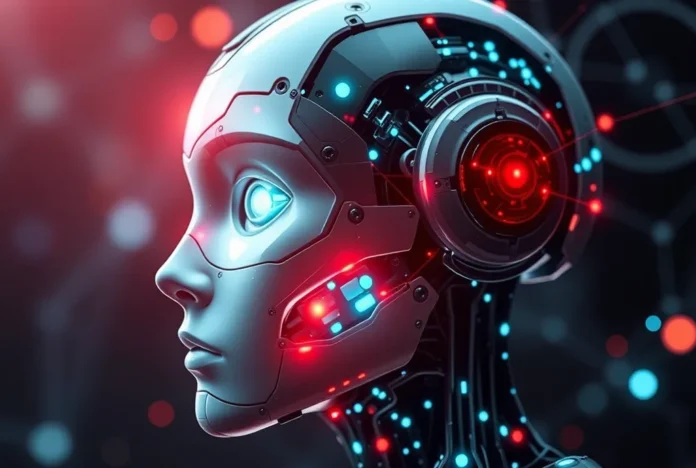The way we process and consume information is about to change in a big way. With the rise of the metaverse, a new digital universe is emerging. This shift will dramatically alter how we learn, work, and interact with data. When combined with the power of artificial intelligence (AI), the future looks even more promising. But is the technology advancing fast enough? And how will AI fit into this future?
The Metaverse: Changing How We Consume Information
The metaverse offers a new way of interacting with digital content. Instead of reading text or watching videos, users will experience information in a fully immersive way. This shift will transform learning and engagement:
- Immersive Learning: Imagine exploring a molecule in 3D during a science lesson or visiting ancient Rome for history class. The metaverse makes learning more interactive, helping users better understand and remember information.
- Collaboration in Real Time: Meetings or lectures in the metaverse will be more engaging. Users will meet as avatars, interacting with 3D models and environments in a shared virtual space.
- Personalized Experiences: AI can help tailor the metaverse to each user’s preferences and learning style. Instead of scrolling through pages of text, users can engage with content designed just for them, making learning more efficient.
Is Technology Moving Fast Enough?
While the concept of the metaverse is exciting, several challenges remain. The technology is advancing, but certain issues need to be addressed:
- Hardware Limitations: Current VR and AR devices are often bulky and expensive. For the metaverse to grow, the hardware must become more affordable, lighter, and easier to use.
- Network Demands: The metaverse will require fast, reliable internet with low delays. Although 5G is helping, a global rollout is needed for the metaverse to truly take off.
- Interoperability Issues: Different platforms in the metaverse need to work together. This will require collaboration among tech companies and a shared set of standards.
AI: The Key to Integrating the Metaverse
AI will play a crucial role in shaping the metaverse. It will make experiences more personalized, interactive, and efficient. Here’s how AI will change the metaverse:
- Personalized Content: AI will tailor the metaverse to fit each user’s needs and behavior. It can recommend relevant content and adjust virtual spaces based on individual preferences.
- Automated Content Creation: AI will automate much of the content creation for the metaverse. This means dynamic worlds, avatars, and objects can be generated quickly, allowing creators to focus on designing new experiences.
- AI-Driven Avatars: AI-powered avatars will guide users through the metaverse. These avatars can answer questions, offer personalized assistance, or even act as virtual teachers.
- Improved Communication: AI will make communication in the metaverse easier. With natural language processing, users will be able to talk to virtual environments or avatars, making interactions smoother and more intuitive.
Conclusion: A New Way of Consuming Information
The metaverse is set to revolutionize how we digest information. Instead of passively consuming content, users will engage with it in new, immersive ways. While hardware, network infrastructure, and platform interoperability need improvement, AI will drive much of the innovation. From personalized experiences to automated content creation, AI will make the metaverse an essential part of our daily lives. As these technologies develop, we can expect to see a major shift in how we learn, work, and interact with digital content.
Sources:
- “The Future of AR and VR in the Metaverse,” TechCrunch. https://techcrunch.com
- “5G: The Backbone of the Metaverse,” Forbes. https://www.forbes.com
- “Interoperability in the Metaverse: Challenges and Solutions,” VentureBeat. https://venturebeat.com
- “AI’s Role in Metaverse Content Creation,” Wired. https://www.wired.com
- “AI Avatars: The Future of Virtual Interaction,” The Verge. https://www.theverge.com
- “How AI Will Power the Metaverse’s NLP,” MIT Technology Review. https://www.technologyreview.com



